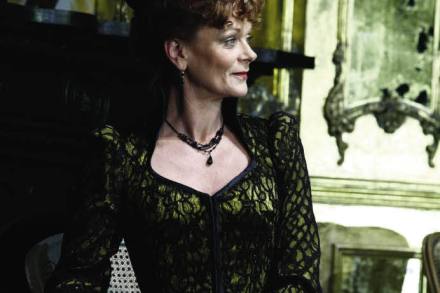Too much chat
Ed Hall, boss of the Hampstead theatre, places before our consideration a new play by Athol Fugard. The gong-grabbing, apartheid-drubbing South African author creates dramas that are rich in humanity and compassion, filled with curiosity about the architecture of suffering, and distinguished by flights of poetic soulfulness. And by God, they’re dull. Fugard doesn’t do action, romance or suspense. He does chat. Lots of it. His monologues stream in and out of one another in a textured gloop of Oscar-hinting earnestness. Generally, he deploys the same easy-to-assemble stage furniture: a shack dumped on the orange savannah surrounded by poverty-stricken fences. The shack can be assembled from the contents of a














